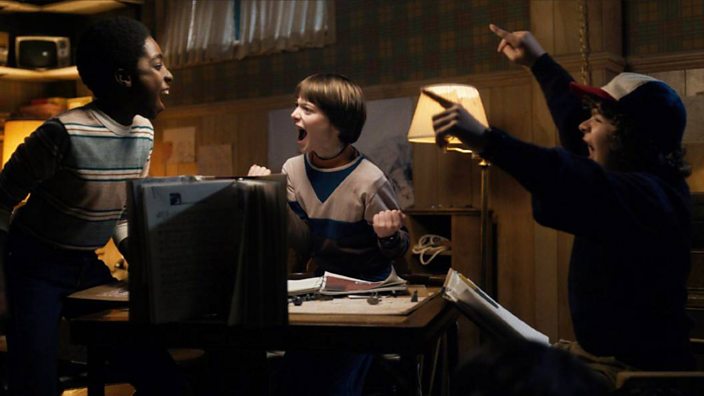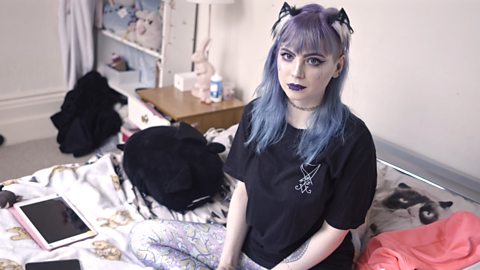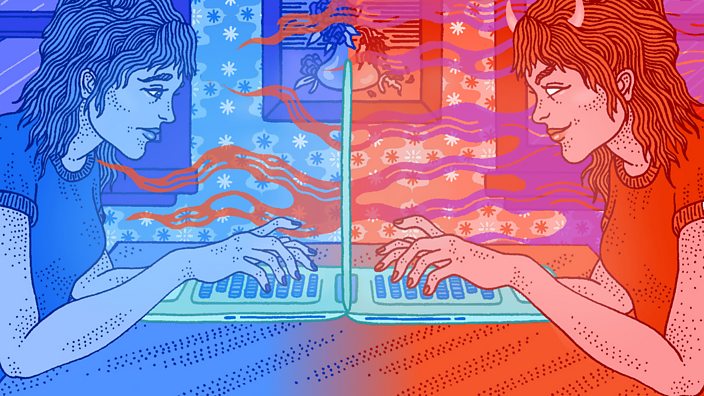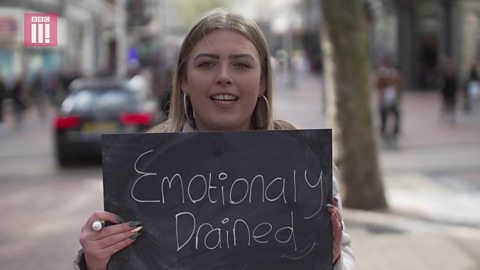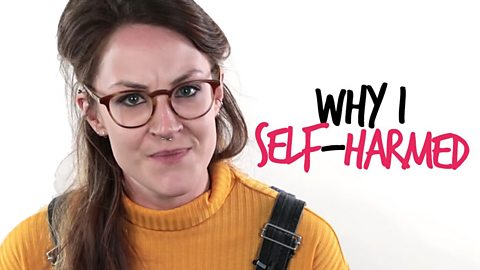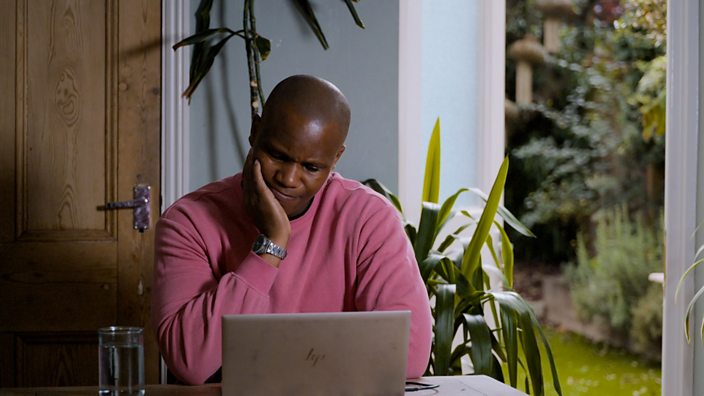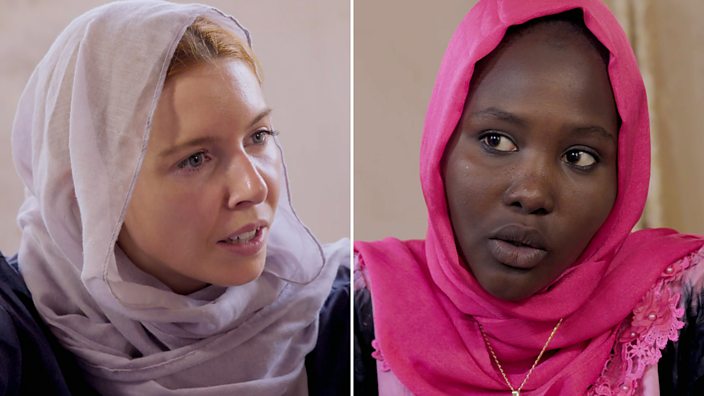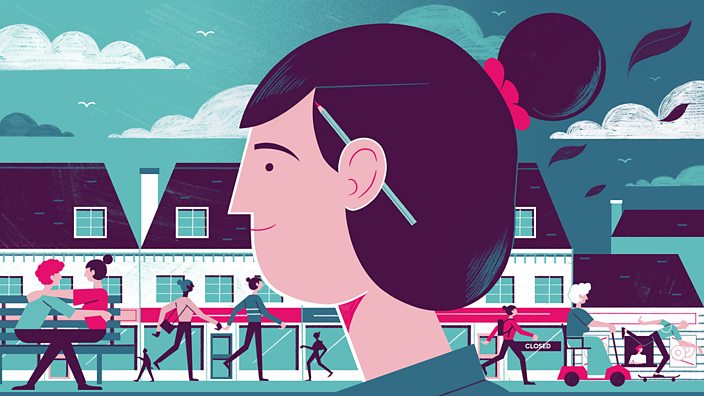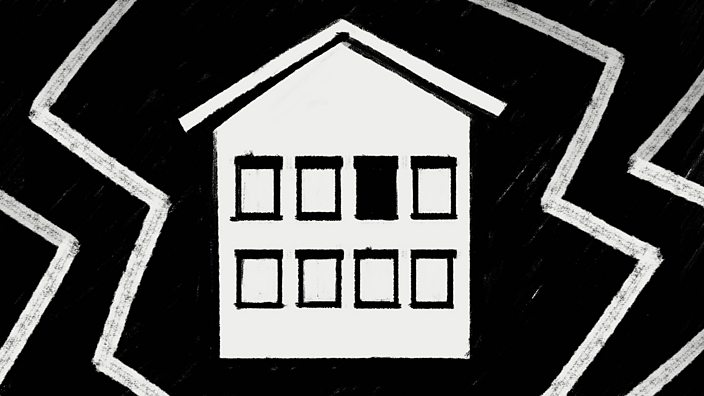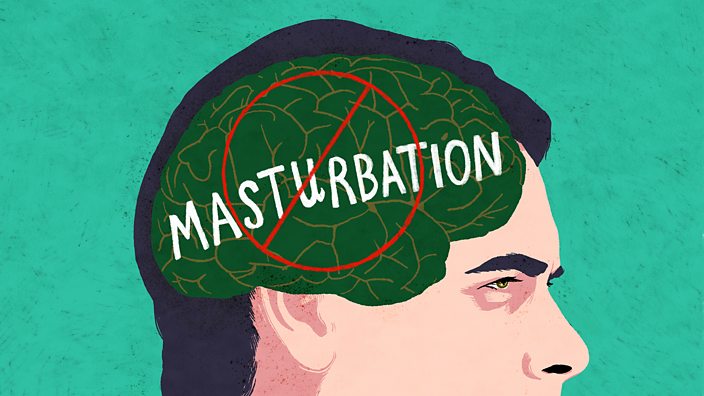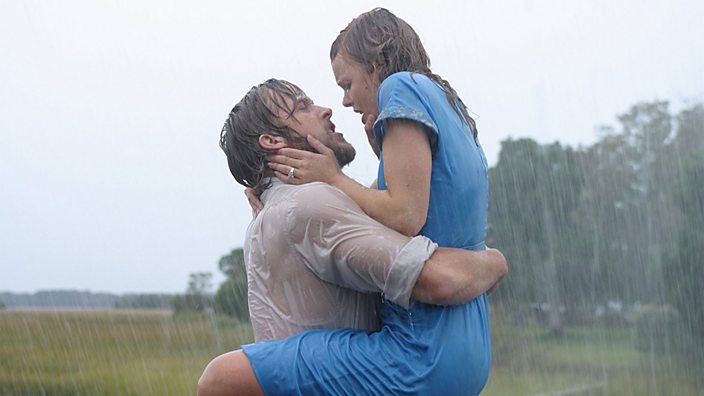A group of kids gathered round a game of Dungeons & Dragons is nothing unusual. The iconic board game is the stuff of childhood basement hangouts and Spielberg movies. But now it’s being used as a form of therapy for kids with social issues.
Adam Davis co-founded the Dungeons & Dragons therapy group Wheelhouse Workshop, which is based in Seattle and Kirkland. A licensed therapist, Adam saw that the role-play in the game freed up a totally different side to the kids he saw.
Getty Images
For anyone unfamiliar with D&D, it’s a fantasy tabletop game that first came out in 1974. You play in a group, with each player creating a character by rolling a dice to determine characteristics. You create a personality for your character based on those characteristics, and then you all go on an adventure together.
You might have spotted the game in the opening scene of Stranger Things, when Will gets defeated by the Demogorgon.
Adam Davis, alongside fellow therapist and Wheelhouse Workshop's co-founder, Adam Johns, crafts bespoke D&D games to maximise its therapeutic benefits. For example, all players’ actions will have consequences - like raiding an orc village will have an effect on the child orcs or mothers.
iStock
The kids immerse themselves in their character, and interact with each other in character. The idea is that, within these fictional adventures, they can practise using the social skills they struggle with.
Davis recently described one of the kids, Frank (not his real name), as a shy, quiet teenager who barely spoke above a whisper.
“The character he chose was a dwarf barbarian,” Davis said. “He was really loud and bumbling and unapologetic. It was a really obvious opportunity for this kid to play with qualities other than his own.”
Therapists have long used role-play as a tool, and D&D acts as the perfect platform, with its gentle demand on players to reimagine the way they interact with their peers.
Jack Berkenstock runs the Bodhana Group, a nonprofit that exploits role-playing games’ social and educational value for therapy. After introducing therapeutic D&D games while providing mental health treatment for juvenile male sex offenders, he immediately noticed the benefits.
“It’s called ‘bleed’,” he said recently. “How much does your personal identity impact the character you’re playing? And how much does your character impact you?”
Getty Images
These D&D therapy sessions have also been seen to help with flexibility, because they force players to consider each other’s strategies - whether that’s avoiding sleeping orcs or sneaking into a dragon's lair. As one mum said of her son, a Wheelhouse Workshop attendee,
“He’s actually told me he disagreed sometimes with what his fellow adventurers had decided, and that later sometimes he’s come around and agreed that the decision turned out okay… which is a startling increase in flexibility for him.”
At worst, playing D&D is just a fun release after school. At best, it could be really helping troubled kids. Just watch out for that Demogorgon.

